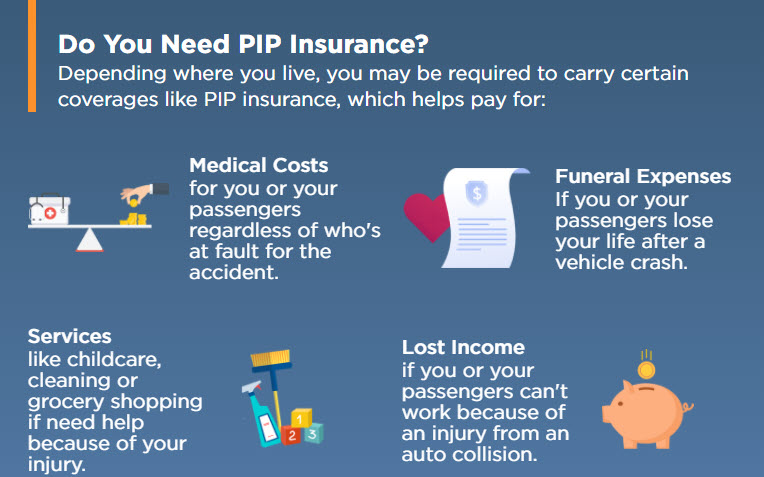No-fault auto insurance can cover your medical bills after an accident. Learn how no-fault insurance works and which states require it.
Eric is a duly licensed Independent Insurance Broker licensed in Life, Health, Property, and Casualty insurance. He has worked more than 13 years in both public and private accounting jobs and more than four years licensed as an insurance producer. His background in tax accounting has served as a solid base supporting his current book of business.
No-fault insurance is designed to cover your medical expenses and/or loss of income when you're involved in a car accident, regardless of who was at fault. Some states require drivers to carry no-fault auto insurance, while others make this coverage optional. No-fault insurance is sometimes referred to as personal injury protection, or PIP.
In most states, when a car accident occurs, the drivers' insurance companies attempt to determine who was at fault for causing it. So if you're in an accident and it's determined that the other driver caused it, you could file a claim against their insurance for any injuries or damages you sustained.
No-fault insurance doesn't consider who's at fault in a car accident when paying medical claims. Instead of filing a claim with the other driver's insurance company, you'd file it with your own insurer. It will then evaluate your claim and pay out damages to you, based on the extent of your financial losses.
Currently, 12 states—Florida, Hawaii, Kansas, Kentucky, Massachusetts, Michigan, Minnesota, New Jersey, New York, North Dakota, Pennsylvania, and Utah—plus Puerto Rico have some form of mandatory no-fault insurance law, according to the Insurance Information Institute. It is also available on an optional basis in some other states.
/understand-State-Minium-Insurance-coverage-is-it-enough-in-a-car-accident-57407ec63df78c6bb08eac67.jpg)






















